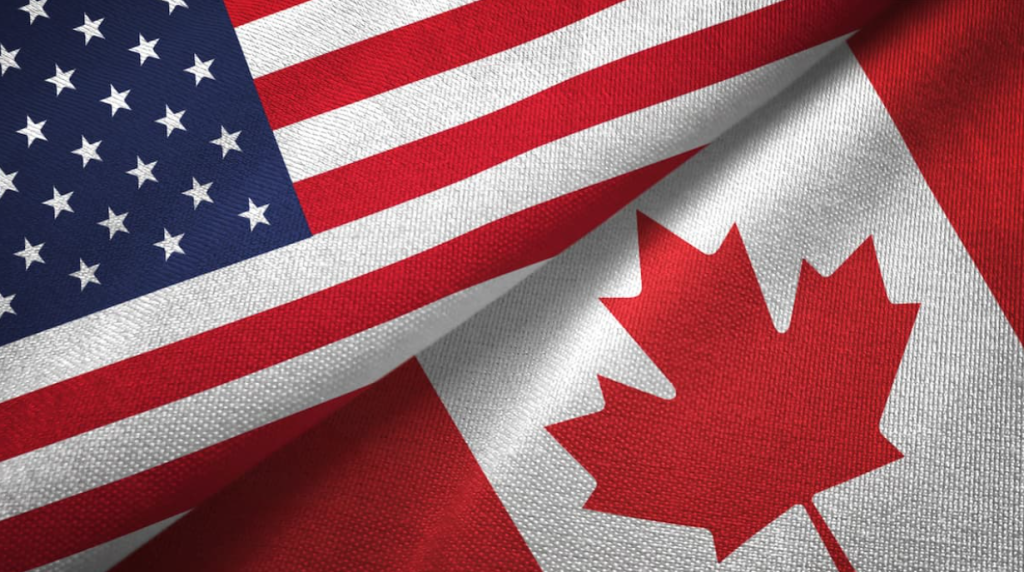Thousands of Ukrainian nationals who fled the war and arrived in the U.S. under the Uniting for Ukraine (U4U) humanitarian parole program now face the looming expiration of their legal stay.
Since 2022, over 280,000 Ukrainians have entered the U.S. through U4U. As their parole terms expire, options are shrinking. Many cannot return to Ukraine due to the ongoing conflict, but now they also face roadblocks to staying in the U.S. or moving elsewhere.
On January 27, 2025, the Trump Administration suspended the Uniting for Ukraine program indefinitely, halting new entries and eliminating the chance for current parolees to reapply. As a result, many are at risk of falling out of status and facing possible deportation.
Temporary Protected Status (TPS) for Ukraine—another legal safeguard—remains uncertain. Although President Biden had extended TPS for Ukrainians through October 2026, a January 20, 2025, Executive Order from the new administration mandated a review of all TPS designations. Since then, the Department of Homeland Security (DHS) has revoked two country extensions, raising fears that Ukraine’s TPS designation could also be rescinded.

Canada: A Possible but Complex Path
For many Ukrainians in legal limbo, Canada appears to be a promising alternative—but gaining entry is not straightforward.
Temporary Resident Visas (TRVs) are difficult to obtain. Applicants must prove strong ties to their home country or current country of residence—something many parolees lack. This makes approvals rare, though not impossible, with a well-prepared application.
Refugee Claims are largely blocked under the Safe Third Country Agreement (STCA), which prevents most asylum seekers from claiming in Canada after arriving from the U.S. Exceptions exist, such as having a qualifying family in Canada, but irregular border crossings are no longer viable due to the 2023 STCA expansion. A narrow 14-day loophole may apply, but it carries risk.
Permanent Residency (PR) through Express Entry or Provincial Nominee Programs (PNPs) offers more stability but requires qualifications such as higher education, work experience, and language skills. Recent policy changes—including a 50% cut in PNP quotas for 2025—make it harder for those without job offers or in-demand skills. French-speaking applicants currently have a slight advantage.
Family sponsorship, while the most dependable path, is only an option for those with close Canadian relatives.
Other PR options, like the Self-Employed or business investor programs, are largely paused or only open to individuals with significant financial means.
Canada had previously extended special programs to support Ukrainians, but most have ended. As a result, navigating immigration now requires individualized strategies.
Next Steps: Advocacy and Adaptation
For Ukrainian individuals, a multi-track approach is recommended:
- Maintain any valid status in the U.S.
- Improve personal credentials (language proficiency, education, work experience).
- Establish Canadian connections through employment, community, or family.
- Stay informed and ready to act on changing immigration policies.
For legal professionals and nonprofit organizations, there is an urgent need to advocate for new policies, including:
- Exemptions to the STCA for Ukrainians.
- Expanded private sponsorship opportunities.
- Clearer pathways for those stranded between countries.
Conclusion
While the path forward is complex, it is not closed. Through careful planning, legal support, and persistent advocacy, many Ukrainians facing uncertainty in the U.S. may still find safety and opportunity in Canada. The humanitarian crisis continues—and so must the response.
At Maple Land Immigration Services, we stand with Ukrainians and support Ukraine. Our team provides all types of immigration services to Canada and is ready to help you find a safe and stable path to a new life.
Source: https://www.forbes.com/sites/andyjsemotiuk/2025/04/17/is-canadian-immigration-a-possible-refuge-for-us-migrants-on-parole/

